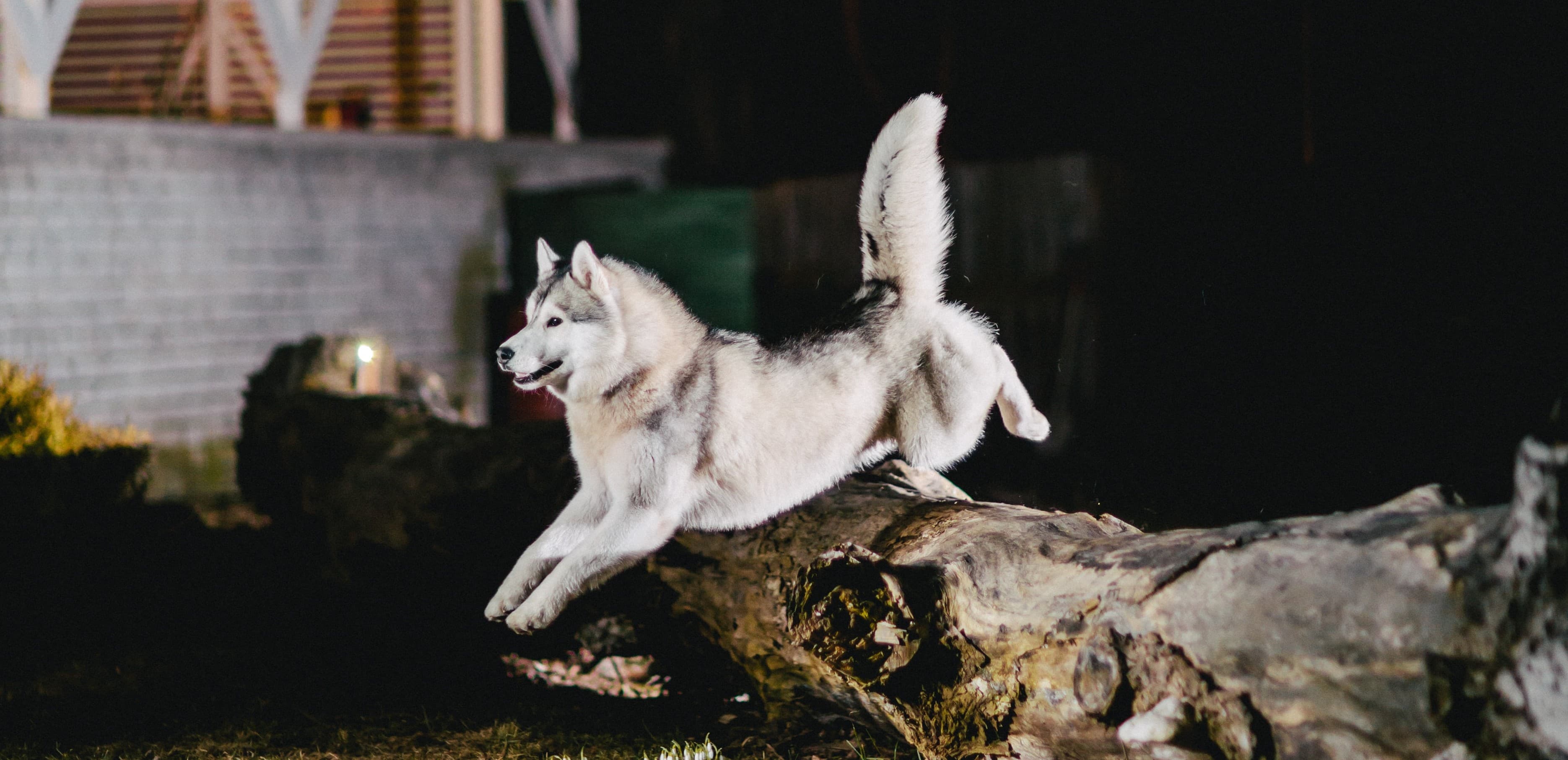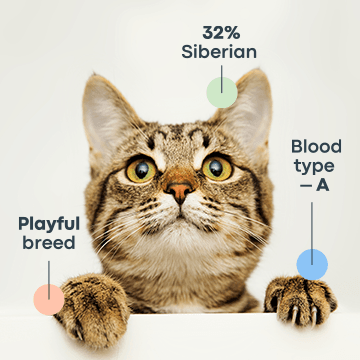Exploring the intricate world of giant breed dogs unveils a complex interplay of factors that contribute to their shorter life expectancy. There are some large dogs with long life spans. In this article, we delve into the genetic, physiological, and environmental aspects that influence their lifespan. Additionally, we highlight seven giant breeds that defy the odds, providing a closer look at their unique attributes and the scientific considerations that contribute to their extended longevity.
Why Do Giant Breed Dogs Live Shorter Than Others?
Giant breed dogs, with their imposing size and majestic presence, often captivate us with their gentle nature. However, the paradox lies in the sobering reality that these magnificent creatures tend to have shorter lifespans compared to their smaller counterparts. One primary factor contributing to the shortened lifespan of giant breeds is their accelerated growth rate during the puppy stage. The rapid development of bones and joints can lead to structural issues, such as hip dysplasia and arthritis, which are more prevalent in larger breeds. This places additional stress on their bodies, impacting their overall health and longevity.
Furthermore, genetics play a crucial role in the lifespan of giant dogs. While responsible breeding practices aim to mitigate hereditary conditions, some giant breeds may still be predisposed to specific health issues. Heart-related problems, certain cancers, and organ complications are among the challenges that giant breeds may face, cutting short their potential lifespan. Environmental factors, including nutrition, exercise, and overall care, also play a significant role. Balancing these elements becomes crucial in providing the optimal conditions for giant breeds to thrive and potentially extend their lifespan, emphasizing the importance of informed and attentive pet ownership.
Top 7 Longest Living Giant Dogs
Alaskan Malamute
Renowned for their strength and endurance, Alaskan Malamutes stand out among giant breeds for their robust health. Scientifically, their genetic diversity and adaptation to harsh environments contribute to their longevity. This is the top example of a giant dog breed with long life expectancy. With proper care, Alaskan Malamutes can often live between 10 to 14 years.
Australian Cattle Dog
While not traditionally categorized as a giant breed, the Australian Cattle Dog often exhibits larger sizes. Their impressive lifespan can be attributed to a robust immune system, developed through selective breeding. On average, Australian Cattle Dogs can live between 12 to 16 years.
Poodle
The Poodle, known for its elegance, is a giant breed with notable longevity. Scientifically, their reduced risk of certain genetic disorders, facilitated by responsible breeding practices, plays a pivotal role in their extended lifespan. Standard Poodles are large dogs with long life expectancy and they typically live between 10 to 18 years.
Chow Chow
Chow Chows, with their distinctive appearance and independent nature, exhibit unique genetic factors that contribute to their longevity. Research suggests that their specific dietary needs, including a balanced mix of proteins and fats, play a crucial role in maintaining optimal health and extending their lifespan. Chow Chows often live between 9 to 15 years.
Belgian Malinois
The Belgian Malinois, recognized for versatility and agility, displays remarkable longevity within the giant breed category. Scientifically, their genetic predisposition to certain health conditions is mitigated through responsible breeding practices. Pet owners need to be very mindful, working for a long life of a large breed dog. On average, Belgian Malinois can live between 12 to 14 years.
American Alsatian
Bred to resemble the prehistoric Dire Wolf, the American Alsatian is a giant breed with a carefully managed breeding program focused on health and longevity. Scientifically, their larger genetic pool reduces the risk of hereditary diseases, contributing to their extended lifespan. Controlled breeding practices also play a role in maintaining their overall well-being. American Alsatians typically live between 10 to 14 years.
Irish Setter
The Irish Setter, characterized by its vibrant red coat, is a giant breed that, when provided with proper care, exhibits notable longevity. Scientifically, their genetic predispositions are managed through responsible breeding practices, contributing to a reduced risk of certain health issues. On average, Irish Setters can live between 12 to 15 years.
How to Extend the Life Expectancy of Your Pet
Understanding the scientific intricacies of giant breed health is crucial for extending their life expectancy. Tailoring nutrition to their specific needs, addressing genetic predispositions through responsible breeding, and ensuring regular veterinary check-ups contribute significantly to their overall well-being and long life for large dogs.
Conclusion
In the realm of giant breed dogs, a scientific lens allows us to appreciate the nuanced factors influencing their lifespan. While challenges exist, the top seven longest-living giant breeds exemplify the impact of responsible breeding, genetics, and attentive care on their extended and fulfilling lives. As pet owners, embracing a scientific approach to their well-being ensures we provide the best possible life for these magnificent dogs.
Frequently Asked Questions
How long do dogs live?
The average lifespan of a dog varies by breed and size but typically ranges from 10 to 13 years. Small breeds often live longer than larger breeds.
What is the lifespan of a large dog?
Large dogs generally have a shorter lifespan compared to smaller breeds. On average, large breeds may live around 8 to 12 years, with variations depending on factors like genetics and overall health.
Can a dog live for 20 years?
While it's uncommon, some small breeds and mixed-breed dogs can reach or exceed 20 years of age with proper care, a healthy lifestyle, and regular veterinary check-ups.
Can dogs live a long life with a large heart?
A large heart in dogs may indicate a medical condition like cardiomegaly. While proper treatment and management can improve a dog's quality of life, the impact on overall lifespan depends on the specific heart condition and its severity.





